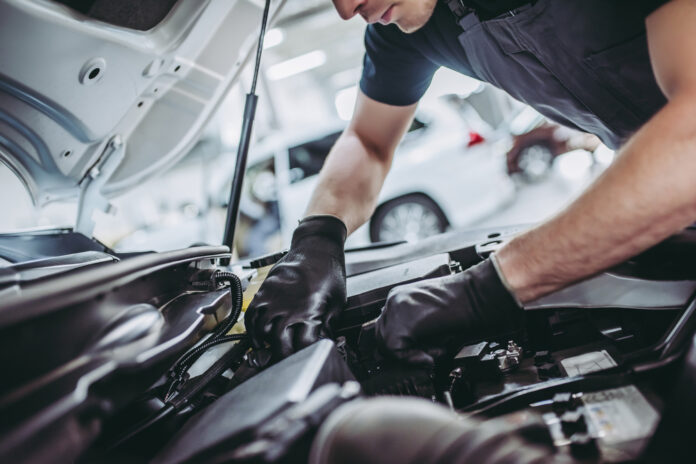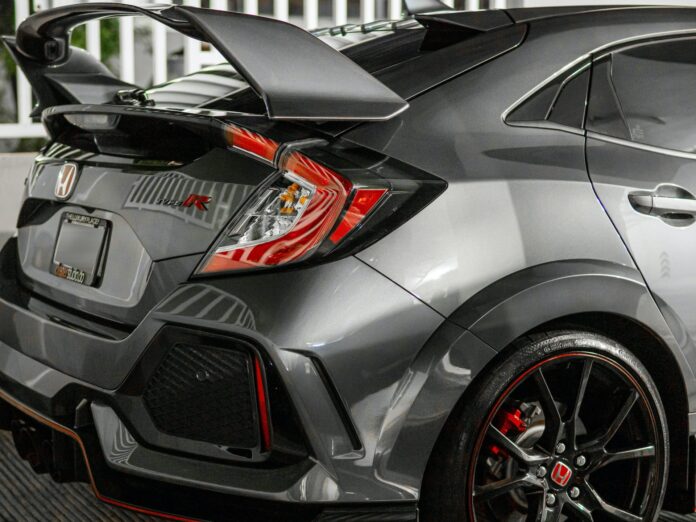Buying a used automobile is a logical choice if you’ve never driven before or are on a tight budget. Choosing a car that is only a few months old can save a lot of money because new cars start losing value as soon as they leave the shop. The used car market has grown significantly and is now well-organized. Customers can purchase a car with greater simplicity and assurance than ever before, thanks to banks’ appealing loan offers and many dealers’ guarantees on the used vehicles they sell. Nevertheless, investing money in someone else’s used vehicle always raises some nagging questions.
So, below is a detailed guide on what to look out for in a used Honda car.
Check The Overall Condition Of The Car

When opting for a used car, ensure that there should not any defects in the car. It is no point in purchasing a car that is not usable and serves no purpose. So, to ensure that the lighting, emission, steering, etc. should be of high working quality. Long-term maintenance costs can be significantly reduced by doing this. Try to have a mechanic examine the car’s primary systems. Also, there will not be any need to be concerned if you go to a certified used Honda as they will ensure that the car you purchase is well-maintained and they provide after-sales services too.
The car should be closely inspected for noticeable dings and scrapes. Checking for paint, cracks, and the general color are equally significant because even a small difference in paint color might indicate a replaced component or prior damage. A common practice among fraud sellers is to paint items to cover the central issue of rusting.
Over the years of operation, nearly every car experiences some dents and requires the smoothing of sharp edges. The front and rear bumpers, as well as the side doors, are particular examples of this. So, after you speak with the dealer, don’t let little dings or scratches worry you too much, as they can be fixed.
Decide About The Type Of Car
You should choose the type of Honda car most appropriate for you based on your requirements, driving style, and financial situation. For instance, Honda offers a variety of alternatives, including an SUV and sedan. With two rows of seats and ample room for adult passengers in the back, sedans are ideal for passenger vehicles. You should also consider your budget and the sales tax on cars in your region.
These vehicles typically have sizable trunk. Sedans come in two-door and four-door variations. SUVs can operate on or off-road and have the same passenger carrying capacity as a minivan. These utility cars have a space that may be used for both passengers and goods.
Coupes are sportier versions of sedans that are smaller and more maneuverable. These cars only have two doors as opposed to four. Coupes typically have two seats up front and two seats behind. So, based on your needs, you can pick a used Honda car.
Check The Registration And MOT

Asking to see the car registration document should be your initial request before doing anything else. This can help the procedure go more smoothly in the future by demonstrating that the car is registered in the seller’s name and has the right to sell the vehicle. Also, it is vital to check the MOT history online and to do that, and you only need the vehicle’s registration.
However, on occasion, you can discover that buyers have saved actual MOT records and invoices for any work performed. So, paying close attention to those is essential because they may indicate a well-kept vehicle. However, most used cars should have a service record documenting when and where routine maintenance was done. In addition, pay attention to vehicles with a history of primary dealers, which almost always means manufacturer-approved components have been utilized.
Check For Modifications
The seller can occasionally sell their extensively customized cars after treating them severely. Any alteration components, including aftermarket alloy wheels, modified exhausts, bent pipes, and higher suspension, must be carefully considered. An automobile that has been significantly changed indicates that it has been subjected to demanding driving, which may have included off-roading, engine damage, and rapid acceleration. It’s best to avoid vehicles that have undergone extensive modifications. Whenever you have questions, you can always double-check with the dealer.
Do The Test Drive

The most crucial step in purchasing a secondhand car is probably taking it for a test drive. Several miles of test driving on various roads will help you gauge how comfortable you are behind the wheel. You should ensure that the engine starts immediately, the steering isn’t vibrating, and there aren’t any odd noises or vibrations throughout the test drive. The brakes have to be in good functioning order.
The vehicle ought to come to a complete halt in a straight line. Both the mileage counter and the speedometer need to function correctly. There must be no jerks in the clutch’s motion. It should be possible to change gears smoothly and that each gear functions appropriately. Look for any type of engine or other part leaks.
Go To A Reliable Dealership
Stick with well-known dealerships wherever possible. It’s the simple approach to avoid purchasing a car with defects because these bigger dealerships will be more eager to negotiate on a sale. Also, their primary focus is customer satisfaction, and there are more chances you will receive a pre-owned car without any flaws. Making a vehicle check will soothe your concerns if you need clarification about a car’s history.
Conclusion
New-age automobiles are vital, durable and made to last a long time. Because of this, purchasing a used car works as a cost-effective and also a wise decision.
Many people find buying a used automobile to be a stressful experience. Still, if you remember the points mentioned above and opt for a Honda car dealership, it can go much more smoothly than you anticipate. The best action is to educate oneself and keep a watchful eye.









